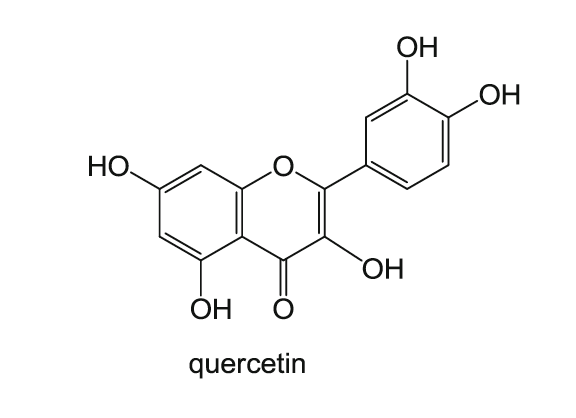By Donnie Yance
Cancer isn’t merely uncontrolled cell growth, it’s a profound disruption of the body’s metabolic pathways. At its core, cancer represents a reprogramming of how cells generate, use, and store energy. This metabolic reprogramming is now recognized as a defining hallmark of cancer initiation, progression, and metastasis. Unlike healthy cells, which follow tightly regulated biochemical pathways to sustain balanced growth and repair, cancer cells hijack these pathways to fuel relentless proliferation. They shift their energy production away from normal mitochondrial respiration toward glycolysis, even in the presence of oxygen, a phenomenon known as the Warburg effect. Beyond this, cancer cells profoundly alter their metabolism of fatty acids, amino acids, and minerals to create a biochemical environment that supports survival, invasion, and immune evasion. Understanding these metabolic adaptations is essential not only for decoding the behavior of cancer but also for discovering new therapeutic strategies, especially those that can be found in nature’s medicinal treasure chest.
Metabolic reprogramming is a hallmark of cancer initiation, progression, and metastasis. The metabolic signature of cancer cells includes alterations in glycolysis, mitochondrial respiration, fatty acid, amino acid 1, and mineral (ion) metabolism.2
Continue reading “Lipids and Cancer: Targeting Fatty Acid Synthase and Lipid Mobilization with Botanical Medicine”


